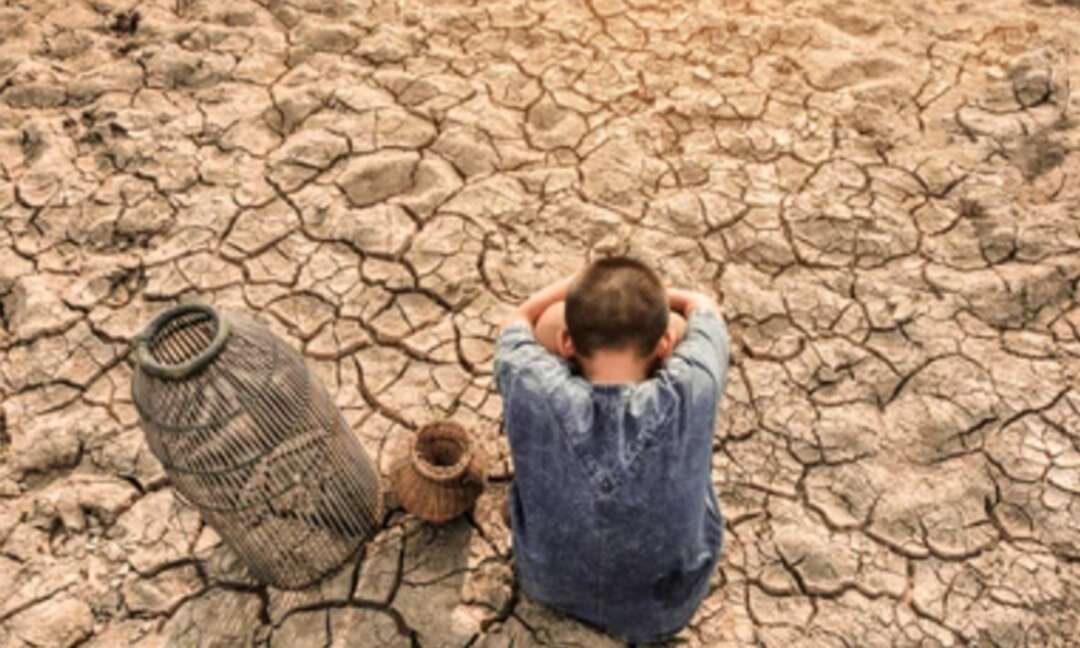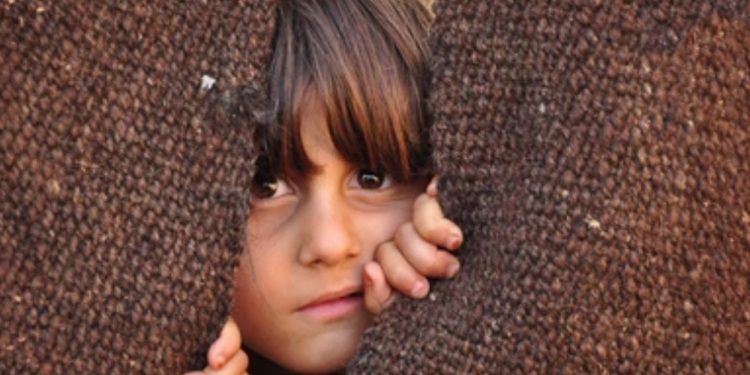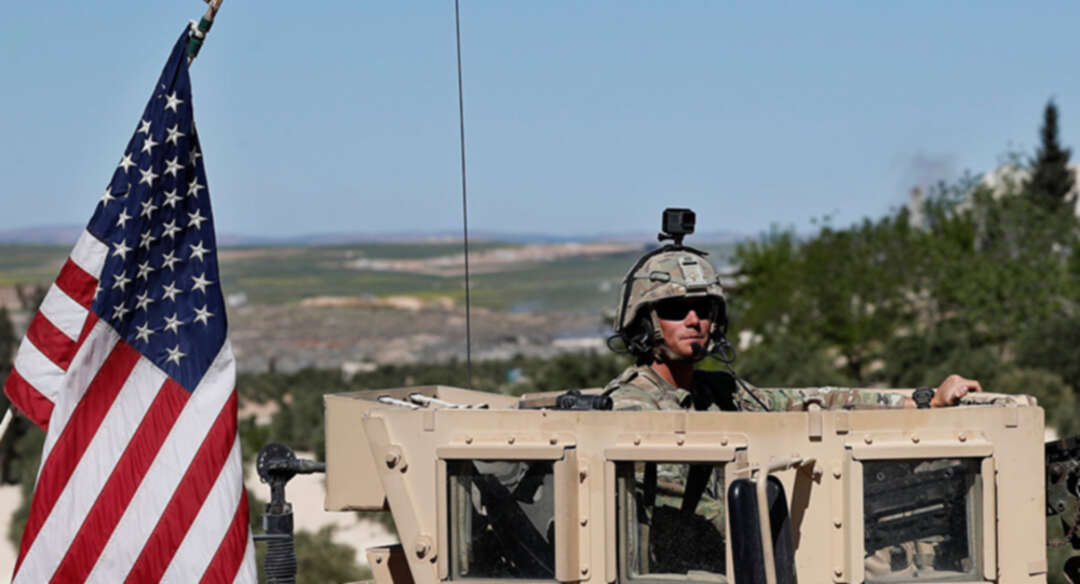-
Millions of people in Syria and Iraq losing access to water, electricity and food

The Associated Press reported that international aid groups warned Monday millions of people in Syria and Iraq are at risk of losing access to water, electricity and food amid rising temperatures, record low water levels due to lack of rainfall and drought.
The two neighboring countries, both battered by years of conflict and mismanagement, are in need of rapid action to combat severe water shortages, the groups said. The drought is also disrupting electricity supplies as low water levels impact dams, which in turn impact essential infrastructure, including health facilities.
More than 12 million people in both countries are affected, including 5 million in Syria who are directly dependent on the Euphrates River. In Iraq, the loss of access to water from the Euphrates and Tigris River, and drought, threaten at least 7 million people.

Some 400 square kilometers (154 square miles) of agricultural land faces drought, the groups said, adding that two dams in northern Syria, supplying power to 3 million people, face imminent closure.
Carsten Hansen, regional director for the Norwegian Refugee Council, one of the aid groups behind the warning, said that for hundreds of thousands of Iraqis still displaced and many more still fleeing for their lives in Syria, the unfolding water crisis “will soon become an unprecedented catastrophe pushing more into displacement.”
Read more: US-led coalition forces shoot down Iranian drone in eastern Syria
Other aid groups included Mercy Corps, the Danish Refugee Council, CARE international, ACTED and Action Against Hunger.
They warned that several Syrian provinces — including Hassakah, Aleppo and Raqqa in the north and Deir el-Zour in the east — have witnessed a rise in water-borne diseases. The areas include displacement settlements housing tens of thousands of people displaced in Syria’s 10-year conflict.
CARE’s regional chief for Mideast and North Africa, Nirvana Shawky, urged authorities and donor governments to act swiftly to save lives. The latest crisis comes on top of war, COVID-19 and severe economic decline, she said.
“There is no time to waste,” said Gerry Garvey of the Danish Refugee Council, adding that the water crisis is likely to increase conflict in an already destabilized region.
Read more: UNICEF: Over 4 million people in Lebanon could suffer shortage of water
Severe water shortages have also hit Lebanon, which is mired in the worst economic and financial crisis in its modern history, where more than 4 million people — mainly vulnerable children and families — face critical water shortages in the coming days, the U.N.’s children agency warned last week.
In Lebanon, severe fuel shortages have also halted the work of thousands of private generators long relied on for electricity in the corruption-plagued country.
UNICEF called for urgent restoration of the power supply to keep water services running.
Lebanon’s rivers are also heavily polluted. Activists have long warned about pollution levels caused by sewage and waste in the Litani River, the country’s longest and a major source for water supply, irrigation and hydroelectricity.
Source: AP
You May Also Like
Popular Posts
Caricature
BENEFIT Sponsors Gulf Uni...
- April 17, 2025
BENEFIT, the Kingdom’s innovator and leading company in Fintech and electronic financial transactions service, has announced its sponsorship of the “Innovation and Sustainable Technology Solutions Competition (GU - IST Solutions), hosted by Gulf University at its main campus.
This strategic sponsorship reflects BENEFIT’s active role in advancing technological innovation and fostering sustainable solutions to future challenges. It also seeks to empower Bahraini youth by enhancing their skills, capabilities, and competitiveness in innovation and solution development—contributing meaningfully to the broader goals of sustainable development across all sectors.
As part of BENEFIT’s active involvement in the competition, the company has announced that Hanan Abdulla Hasan, Senior Manager of Public Relations and Communication, will serve on the competition’s supervisory committee. Her upcoming participation reflects BENEFIT’s forward-looking commitment to championing academic and professional excellence.
Commenting on the occasion, Hanan Abdulla Hasan, Senior Manager of Public Relations and Communication at BENEFIT, said, “We are privileged to support this pioneering initiative, which aligns seamlessly with BENEFIT’s enduring commitment to fostering innovation and nurturing the potential of Bahrain’s youth. Our participation is rooted in a deep sense of social responsibility and a firm belief in the pivotal role of innovation in shaping a sustainable future. Through such platforms, we seek to empower the next generation with the knowledge, skills, and foresight required to develop impactful solutions that address future challenges, in line with the United Nations Sustainable Development Goals 2030.”
Dr. Aseel Al Ayash Dean of the College of Engineering in Gulf University commented, “We extend our sincere gratitude to BENEFIT for their generous sponsorship and support of the Innovation and Sustainable Technology Solutions Competition. This contribution plays an instrumental role in helping us achieve the strategic goals of this initiative, namely, cultivating a culture of innovation and sustainability, encouraging efforts that address the imperatives of sustainable development, and enhancing the practical and professional capabilities of our students and participants.”
The event will bring together a diverse spectrum of participants, including secondary school students, university undergraduates, engineers, industry professionals, entrepreneurs, academic researchers, and subject matter experts representing a wide range of disciplines.
The competition seeks to inspire participants to develop and present innovative, sustainable technologies aimed at addressing pressing environmental, social, and economic challenges. It encourages the formulation of business models that integrate advanced technological solutions with core principles of sustainability. Moreover, it serves as a platform for emerging leaders, entrepreneurs, and innovators to contribute to the advancement of the Sustainable Development Goals, promote the ethos of responsible technology, and demonstrate its transformative potential across various sectors.
Attendees will have the opportunity to view a series of project presentations submitted by participants, covering diverse areas such as eco-friendly product design, smart and sustainable innovations, renewable energy technologies, water conservation and management, waste minimisation and recycling, green architectural solutions, and sustainable transportation systems. Outstanding projects will be formally recognised and awarded at the conclusion of the event.
opinion
Report
ads
Newsletter
Subscribe to our mailing list to get the new updates!






















